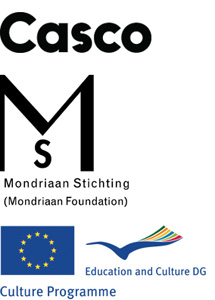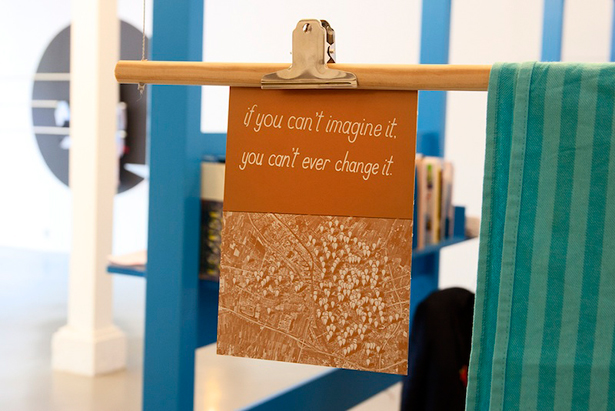‘COHAB: an assembly of spare parts’
A project by Can Altay
22 May–10 July 2011
Casco Office for Art, Design and Theory
Nieuwekade 213-215
3511RW Utrecht
The Netherlands
With the project ‘COHAB: an assembly of spare parts’ at Casco, Can Altay proposes to reassess—and reanimate—these urban objects in light of his long-term inquiry into “cohabitation” in urban life, especially by focusing on the clashes and overlaps between decisions of “placing” and “living with” artworks in public space through specificities of the city of Utrecht. By ‘COHAB’, which sounds like rehab, Altay refers to cohabitation as a fundamental political problem, not simply a celebration of adherence or adaptation. ‘COHAB’ can be understood as a call for an assembly of all things that constantly make up the city or that are made up in the process, including those spare parts like us, people, like detritus and abandoned objects, like the sculptures that call for and create further assemblies, as a process of recovery.
The project’s research draws upon public information and archives around the sculptures and monuments of the municipality of Utrecht. In collaboration with local stakeholders, passersby and researchers, ‘COHAB’ also looks further into particular—and controversial—cases such as ‘Tenttoren’ in the Lunetten area or the Barry Flanagan statue ‘Thinker on a Rock’ in the city centre. The empirical and imaginative case studies that were assembled during Altay’s research process disclose multiple attentions, voices and initiatives around public art works. The project repositions them somewhere between function and meaning and also treats them as points to draw the city’s boundaries and its anamorphic expansions. The research material finally “cohabits” with a special display structure shaped after a typical post-war housing block and is accompanied by a small set of proposals for repurposing public sculptures in Utrecht throughout the project period.
For more information on ‘COHAB’, including the events unfolding at three moments, as well as the installation view at Casco, please visit our website. Notes on the installation components and list of case studies are also available.
The work of Can Altay is known for its focus on improvised architectures in the city, unauthorised systems of organisation and models of co-habitation. The artist, who is living in Istanbul, has been working on a long-term project, ‘setting a setting’, which searches for a collaborative, productive method of exhibition making. Altay’s project at Casco is part of a sequence following ‘The Church Street Partners’ Gazette’ (CSPG) which he developed with The Showroom in London. A book that will combine ‘CSPG’ and ‘COHAB’ will be published by Bedford Press in collaboration with Casco and The Showroom later this year.
‘COHAB’ is part of Circular Facts, a collaborative endeavour between Casco – Office for Art, Design and Theory, Utrecht; Objectif Exhibitions, Antwerp, and The Showroom, London in partnership with Kunst Halle Sankt Gallen and Electric Palm Tree. The project is an informal think-tank and a mutual support structure that works as a hub for the production and dissemination of artistic projects, the sharing of imaginative thinking and open-ended forms of circulation. Circular Facts is made possible with support from the European Commission.
Casco – Office for Art, Design and Theory, established in 1990 in Utrecht, is committed to the production and presentation of cross-disciplinary projects and “participatory” activities. Its primary focus is on the areas where art, design and theory intersect to form critical, imaginative and collaborative inquiries into our social and physical environment.
The Casco programme is generously supported by the Mondriaan Foundation and the Utrecht City Council.

